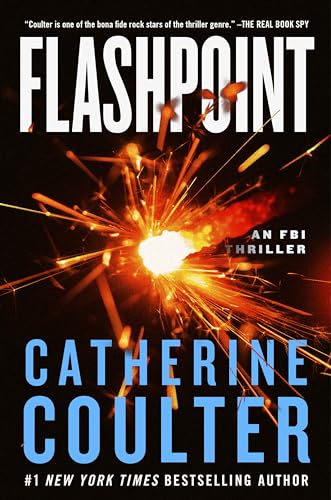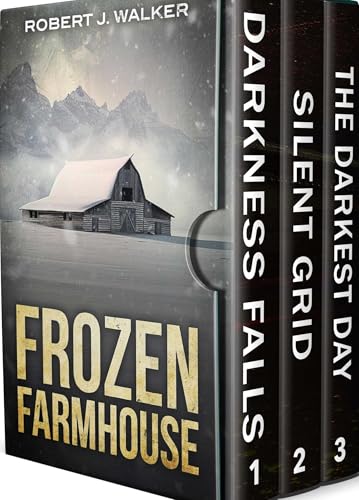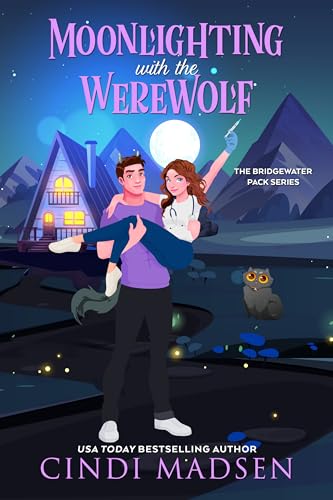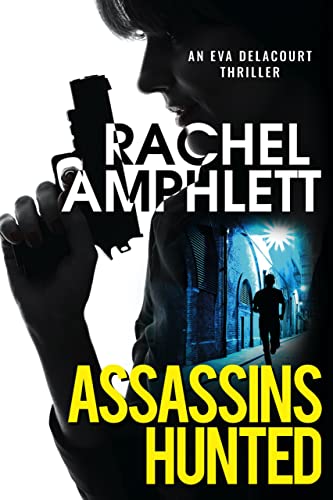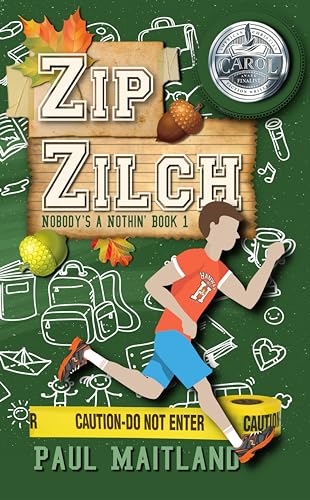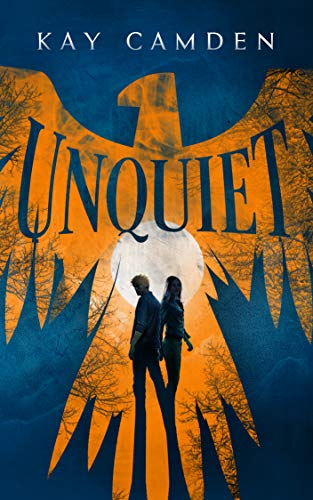By Stephen Windwalker
Editor of Kindle Nation Daily ©Kindle Nation Daily 2010
Traditional publishing industry insiders may be giving a thumbs down to the new Kindle Exclusives of 20 contemporary classics published by Andrew Wylie’s Odyssey Editions, but the serious readers of Kindle Nation are giving them a huge thumbs up. After just a day of exposure, 17 of the 19 titles that are currently available are among the top 1 percent of all 659,910 ebook titles in the Kindle Store based on sales ranking. As of 9 a.m. Eastern today, July 23, seven titles — by Vladimir Nabokov, Norman Mailer, John Cheever, Salman Rushdie, John Updike, Hunter S. Thompson, and Philip Roth — are among the Kindle Store’s top bestsellers, which would be a very strong showing for $9.99 backlist titles in any format.
- “Lolita
” by Vladimir Nabokov – #321
- “The Naked and the Dead
” by Norman Mailer – #451
- “The Stories of John Cheever
” by John Cheever – #562
- “Midnight’s Children
” by Salman Rushdie – #621
- “Rabbit Run
” by John Updike – #733
- “Fear and Loathing in Las Vegas
” by Hunter S. Thompson – #935
- “Portnoy’s Complaint
” by Philip Roth – #937
- “Invisible Man
” by Ralph Ellison – #1,195
- “Brideshead Revisited
” by Evelyn Waugh – #1,621
- “The Adventures of Augie March
” by Saul Bellow – #1,640
- “London Fields
” by Martin Amis – #1,749
- “Rabbit Redux
” by John Updike – #2,133
- “The Man Who Mistook His Wife for a Hat
” by Oliver Sacks – #2,572
- “Rabbit at Rest
” by John Updike – #2,824
- “Rabbit is Rich
” by John Updike – #3,624
- “Ficciones
” (Spanish Edition) by Jorge Luis Borges – #4,189
- “Junky
” by William Burroughs – #6,946
- “The White Castle
” by Orhan Pamuk – #8,996
- “Love Medicine
” by Louise Erdrich (Pre-order for 8.15.2010 Release)
There has been more heat than light in the responses from the Big Six publishers, so we’ll try to avoid getting the muck all over ourselves here. Long story short, various publishers are making various thinly veiled or actual threats, including lawsuits against Wylie, Amazon, or the authors and their estates, refusal to publish Wylie authors in the future, etc. We’ll see.
But I’ll just say three things here for now:
- Our old Agency Model friend, MacMillan CEO John Sargent, claims to be “appalled” that the first twenty Odyssey Editions have been given exclusively to a single retailer, Amazon, because “a basic tenet of publishing is that our function is to reach as many readers as we can. We disseminate our books and the ideas within them as broadly as possible.” Excuse me? Really? It seems fair to say that we would not be here today if MacMillan and the other traditional publishers had been concerned enough about broad dissemination to move aggressively to offer the authors and estates of these and other contemporary backlist classics fair deals on ebook publication when the Kindle was first gaining traction back in 2007 and 2008.
- That being said, it will be fascinating to see what happens with these notions of exclusivity — in terms of devices, platforms, and retailers — in the next couple of years. The Kindle platform, of course, is the least exclusive of any ebook platform because any ebook you buy from the Kindle Store can be read on over two billion devices in addition to the Kindle, via Kindle apps for the iPad, iPhone, iPod Touch, BlackBerry, Android, PC and Mac. Is there anyone in the world who contemplates buying ebooks who does not have or soon plan to acquire one of these devices. But Amazon is vulnerable to the charge that it is unfair for one retailer to have exclusivity over these titles, a charge that it could trump if it applied the model it uses with its CreateSpace platform, where it serves as manufacturer, retailer and (through a deal with Ingram’s Lightning Source subsidiary) wholesaler or distributor on the books it publishers. Google is pursuing a somewhat similar model with the Google Editions venture it reportedly plans to launch sometime after we all fall asleep waiting for the launch.
- Finally, blogger Andrys Basten at A Kindle World
makes an excellent point for all of us who are buying the Odyssey Editions ebooks. Although it seems reasonable to expect that Amazon’s lawyers made sure they had ironclad agreements to protect their customers’ downloads of these Odyssey Editions ebooks, the fact that there’s some disagreement about who are the rightsholders is a very good reason for making an off-Kindle backup of the files of any copies you purchase and download. Presumably that would give you some protection, via Kindle apps or Calibre, to be able to continue reading them the unlikely event that a judge reached past Odyssey Editions and ordered Amazon to remove the ebooks from readers’ Kindles. (I call it an unlikely event because I believe that if such a legal remedy were on the table, Amazon could sustain a claim that such a remedy would cause irreparable harm to its customer relationships and would be able to suppress that proposed remedy in favor of a shift of some portion of the monetary revenues or royalties from Odyssey Editions to the hypothetically prevailing rightsholders.)

